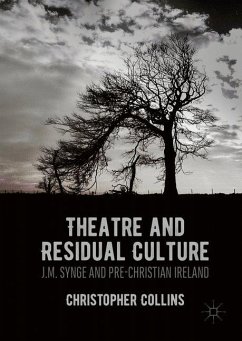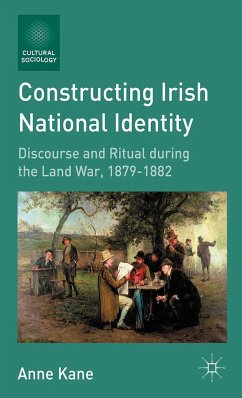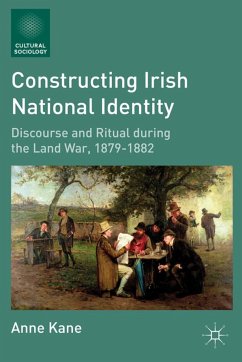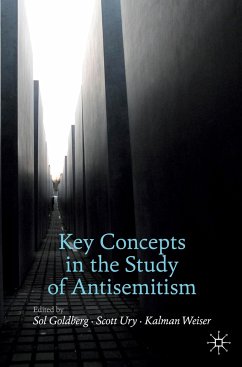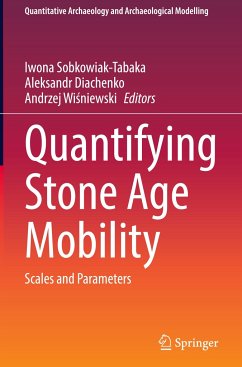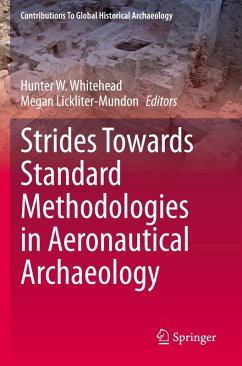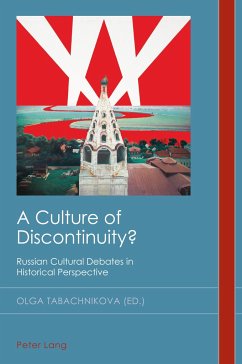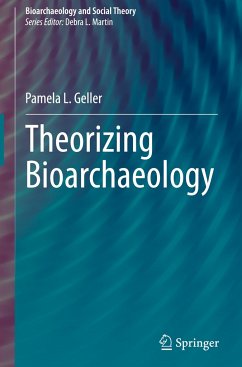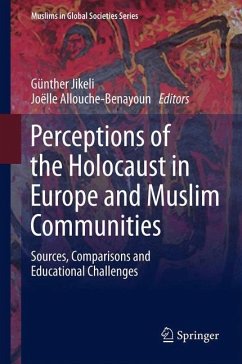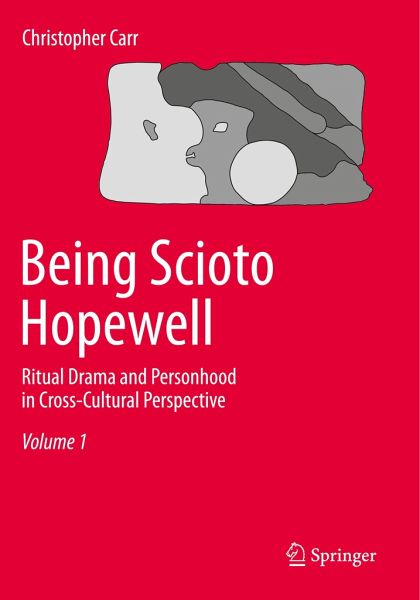
Being Scioto Hopewell: Ritual Drama and Personhood in Cross-Cultural Perspective
Versandkostenfrei!
Versandfertig in 1-2 Wochen
176,99 €
inkl. MwSt.
Weitere Ausgaben:

PAYBACK Punkte
88 °P sammeln!
This book, in two volumes, breathes fresh air empirically, methodologically, and theoretically into understanding the rich ceremonial lives, the philosophical-religious knowledge, and the impressive material feats and labor organization that distinguish Hopewell Indians of central Ohio and neighboring regions during the first centuries CE. The first volume defines cross-culturally, for the first time, the "ritual drama" as a genre of social performance. It reconstructs and compares parts of 14 such dramas that Hopewellian and other Woodland-period peoples performed in their ceremonial centers ...
This book, in two volumes, breathes fresh air empirically, methodologically, and theoretically into understanding the rich ceremonial lives, the philosophical-religious knowledge, and the impressive material feats and labor organization that distinguish Hopewell Indians of central Ohio and neighboring regions during the first centuries CE. The first volume defines cross-culturally, for the first time, the "ritual drama" as a genre of social performance. It reconstructs and compares parts of 14 such dramas that Hopewellian and other Woodland-period peoples performed in their ceremonial centers to help the soul-like essences of their deceased make the journey to an afterlife. The second volume builds and critiques ten formal cross-cultural models of "personhood" and the "self" and infers the nature of Scioto Hopewell people's ontology. Two facets of their ontology are found to have been instrumental in their creating the intercommunity alliances and cooperation and gatheringthe labor required to construct their huge, multicommunity ceremonial centers: a relational, collective concept of the self defined by the ethical quality of the relationships one has with other beings, and a concept of multiple soul-like essences that compose a human being and can be harnessed strategically to create familial-like ethical bonds of cooperation among individuals and communities.
The archaeological reconstructions of Hopewellian ritual dramas and concepts of personhood and the self, and of Hopewell people's strategic uses of these, are informed by three large surveys of historic Woodland and Plains Indians' narratives, ideas, and rites about journeys to afterlives, the creatures who inhabit the cosmos, and the nature and functions of soul-like essences, coupled with rich contextual archaeological and bioarchaeological-taphonomic analyses. The bioarchaeological-taphonomic method of l'anthropologie de terrain, new to North American archaeology,is introduced and applied. In all, the research in this book vitalizes a vision of an anthropology committed to native logic and motivation and skeptical of the imposition of Western world views and categories onto native peoples.
The archaeological reconstructions of Hopewellian ritual dramas and concepts of personhood and the self, and of Hopewell people's strategic uses of these, are informed by three large surveys of historic Woodland and Plains Indians' narratives, ideas, and rites about journeys to afterlives, the creatures who inhabit the cosmos, and the nature and functions of soul-like essences, coupled with rich contextual archaeological and bioarchaeological-taphonomic analyses. The bioarchaeological-taphonomic method of l'anthropologie de terrain, new to North American archaeology,is introduced and applied. In all, the research in this book vitalizes a vision of an anthropology committed to native logic and motivation and skeptical of the imposition of Western world views and categories onto native peoples.



